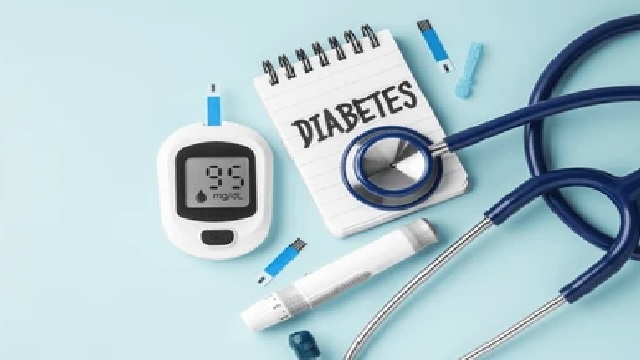New Chapter in Diabetes: Indian-US Team Discovers a new subtype of MODY
MDRF, Chennai and Washington University School of medicine, have discovered a new subtype of MODY diabetes, read details here.
Molecular on-set of diabetes at young age (MODY) is a rare, inherited form of diabetes. It is caused by mutations in a single gene. Usually it is seen in adolescence or early childhood. In a breakthrough discovery that would transform diabetes care worldwide, researcher from Madras Diabetes Research Foundation (MDRF), Chennai and Washington University School of medicine, St. Louis, have identified a previously unknown genetic subtype MODY diabetes.
The study has been published in the prestigious journal ‘Diabetes’, by the American Diabetes Association.
The discovery is revealed to be linked to the ABCC8 gene, which plays a key role in insulin production in the pancreas. The newly discovered MODY subtype happens from Loss of Function (LOF) mutations in this gene.
The lead researcher of this discovery from Washington University School of Medicine, St Louis, Missouri, USA stated, “Usually ABCC8 mutations work through Gain of Function (GOF) mutations which lead to enhanced ABCC8 protein activity. This can occur in neonatal period of child where it is known as Neonatal Diabetes. In adults it occurs as ABCC8 MODY or MODY 12. Through our collective work with MDRF, using various experiments in the laboratory, we were able to show some novel mutations in the Indian patients with MODY which occurs as Loss of Function (LOF).”
He further also stated that, “LOF mutations, abolish or reduce the activity of protein and they normally lead to Conginental Hyper insulin (CHI) which shows as persistent low blood glucose levels in childhood. These patients seem to have had CHI earlier but crossed over to the opposite condition, of high blood sugar (diabetes) in later life.
This major discovery in the field of diabetes can now help people in correct diagnosis and treatment.



